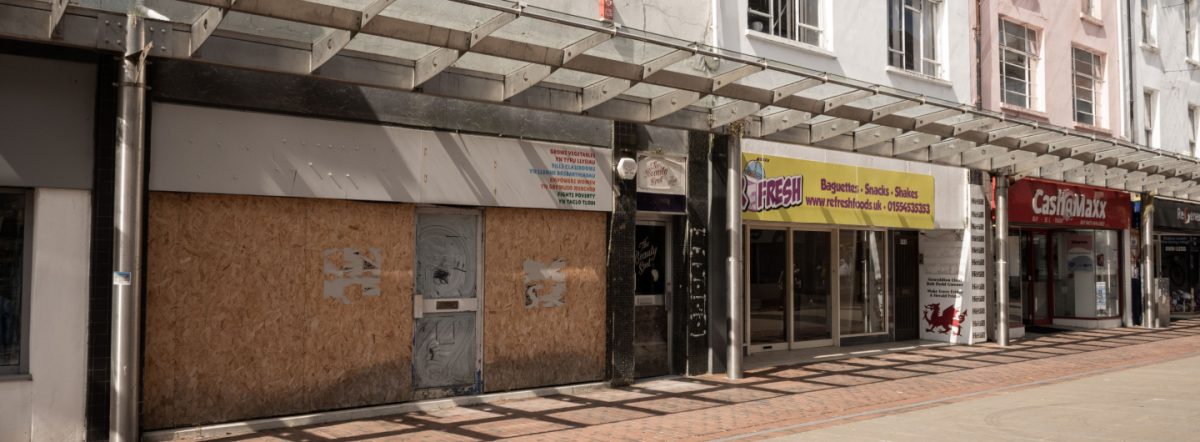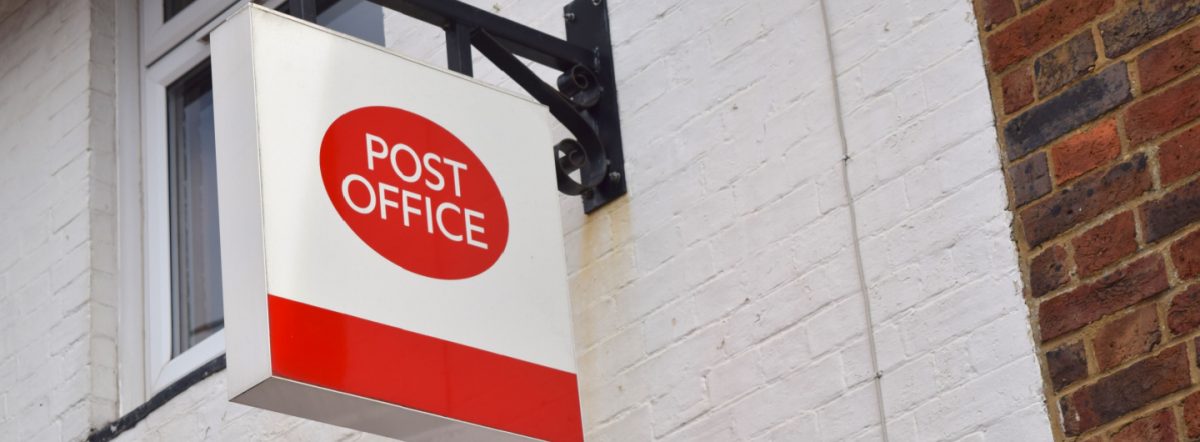Rishi Sunak admitted on LBC radio that businesses are being forced to shut down because of high energy bills, but campaigners say government failings are leading to persistently high costs.
The UK’s high dependency on gas for heating and generating electricity has meant that the UK has some of the highest energy costs in Europe. Government support for businesses and households helped reduce bills last winter, but support for both has been reduced significantly, with funding for businesses slashed from £18bn for a six month scheme to £5.5bn for the 12 months to March 2024.
Campaigners from Warm this Winter, which is urging the government to provide more support for energy bills and a coherent plan to move the UK away from volatile fossil fuels through a national rollout of home insulation and affordable renewables, point to bumper-profit making energy firms operating in a system designed by ministers. Despite falling wholesale prices, energy bills this winter are expected to still be nearly twice what they were in 2021.
A spokesperson for the End Fuel Poverty Coalition said:
“Finally the PM has woken up to the fact that energy bills are causing households to struggle and businesses to close – including those in his own constituency.
“But energy firms are allowed to make huge profits from our misery because of his own Government’s refusal to fix Britain’s broken energy system.
“It’s not a question of either Government policies or energy bills wrecking the country, they are one and the same thing! The PM should be standing up for small businesses and households who are facing mounting energy debts, even before winter starts.”
The government’s recent announcement of 100 new oil and gas drilling licences has come under heavy criticism, in part because it will do nothing to lower UK energy bills. The regulator issuing these licences says it will only make a difference to gas production ‘around the edges’, and any increase in UK production will take years to come online and even then will be sold at market rate either to the UK or overseas.
Tessa Khan, executive director of Uplift, added:
“Rishi Sunak is blaming energy bills for businesses in the UK going under, yet his government is doing nothing to bring them down.
“His plan to increase North Sea oil and gas production will do precisely nothing to cut UK energy bills. All it will do is increase the already obscene profits of huge, international oil and gas companies. Whatever they manage to take out of the North Sea, and it won’t happen for years, they will sell to the highest bidder, whether that’s overseas or here in the UK. The only way to lower bills permanently is by helping people save energy and a massive increase in cheaper, homegrown renewable energy.
“The Prime Minister seems to think that unaffordable energy bills are a laughing matter that can be batted away. Millions of households and businesses are struggling today with high energy costs and this winter will be even worse because, while bills are dropping slightly, prices are still nearly double what they were, energy debt levels are soaring and the government has all but withdrawn its help.
“People will rightly ask what has the government actually been doing for the past year and half to fix the UK’s broken energy system?”










